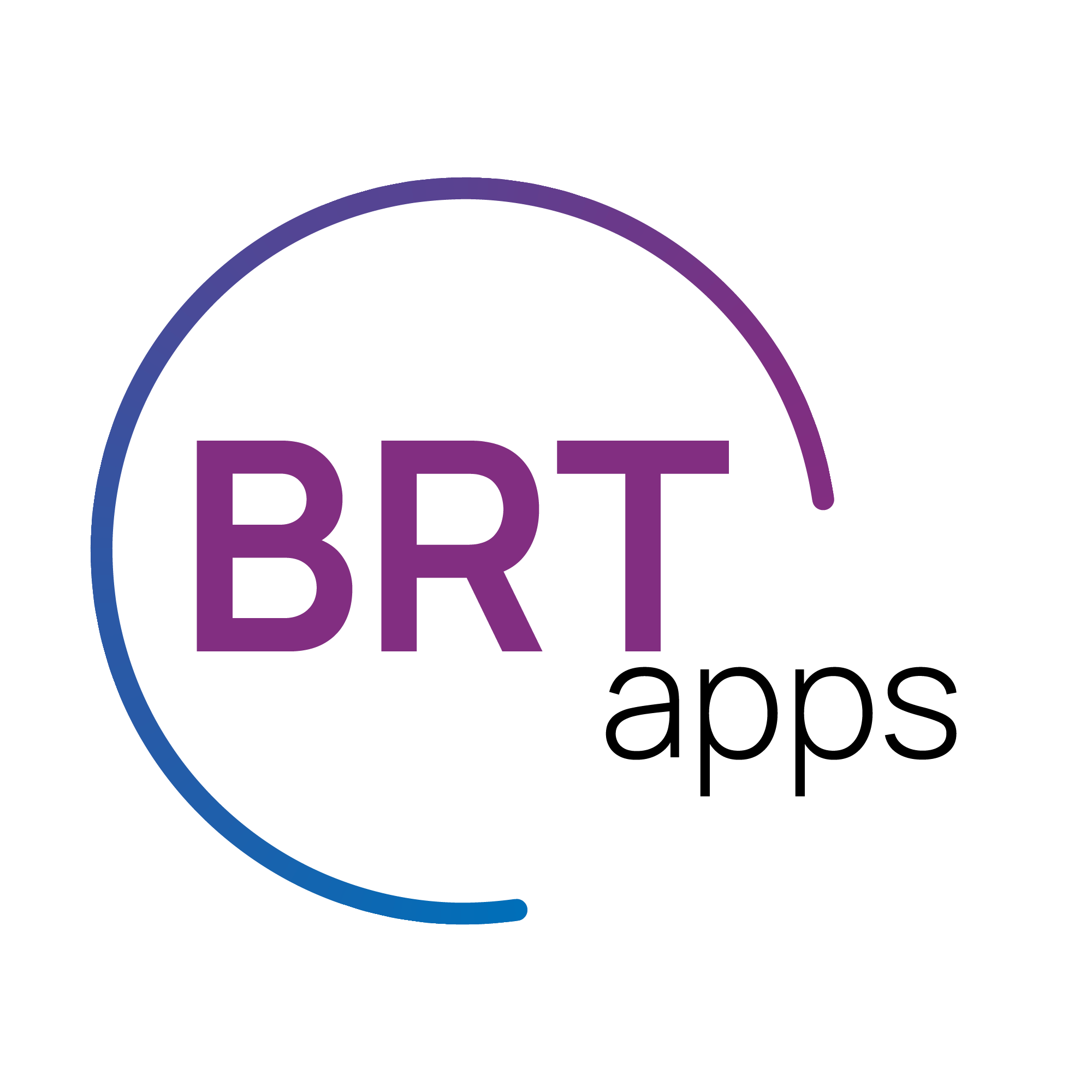In this blog, we describe three references for interpreting student performance and making decisions. Without a reference, student performance simply cannot be interpreted, and decisions cannot be made. For example, knowing that a student scored 65 is meaningless....
News

Try out our apps today
Post-Pandemic, The Science Of Reading Is Still Clear
Many things changed with the “New Normal” that emerged as the Covid- 19 pandemic subsided. But the science of reading, how to help children efficiently develop reading skills, hasn’t changed. A recent evaluation of learning loss found that while some schools have...
What to do about Tricky Words
Some English words are hard to read because they don’t follow the rules. These tricky words might be irregularly spelled or vary in how they sound. They might be controlled by another letter (e.g., “bossy” r or l), contain silent...
The Critical Role of Phonological Sensitivity
You may have heard of the pre-reading skill phonological awareness, but do you know about its precursor, phonological sensitivity? Although both are sound-based, oral language skills that similarly support reading development, they are different. Phonological...
What is the Grain Size of your Phonics Strategies?
Teachers have many different tools for developing students’ reading skills (e.g., curriculum strategies, tactics learned through professional development or experience). Considering the increasing number of products circulating in schools, a well-known reading...
The Power in Teachers Thinking Aloud
Do you use think alouds in your literacy instruction? Decades of research have shown that helping students become strategic in their thinking improves how they learn. Although often confused, think alouds and modeling are not the same thing. Think alouds reveal how to...
Introduction to CBMSkills: November 2023 Webinar Recording
One of the biggest requests from the Nov 13 & 14 webinars was a link to the presentation recording. After or while viewing the recording please consider signing up for CBMSkills today if you haven’t already created your free teacher account. To learn more about...
Writing the Write Way
In this blog-guide, we address the three critical and sequential steps in teaching and assessing writing. Of course, we could have been more granular and expanded the process to far more specific steps but have kept the process to three with further articulation...
Learning Progressions through Diagnostic Assessments
About a decade ago, we published a technical report on learning progressions. As we note in that report, learning progressions involve building blocks of (sub)skills that students must master, with their assemblage sequenced, and eventually with increased difficulty...
Learn about CBMSkills this November
Join us for an introductory Webinar! Click here to sign-up Monday November 13th @ noon PT / 3p ET - OR - Tuesday November 14th @ 3p PT / 4p MT The developers of the easyCBM system, Behavioral Research and Teaching (BRT) at the University of Oregon, recently released a...
University of Oregon Launches Voice-Enabled Assessment to Seamlessly Understand How Early Readers Are Progressing
New partnership between Behavioral Research and Teaching (BRT) at the University of Oregon and SoapBox Labs makes it easy for educators to ensure a successful reading journey for young students. EUGENE, OREGON – Today, Behavioral Research and Teaching (BRT) at the...
